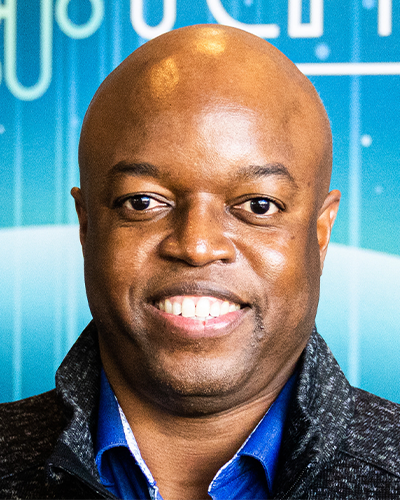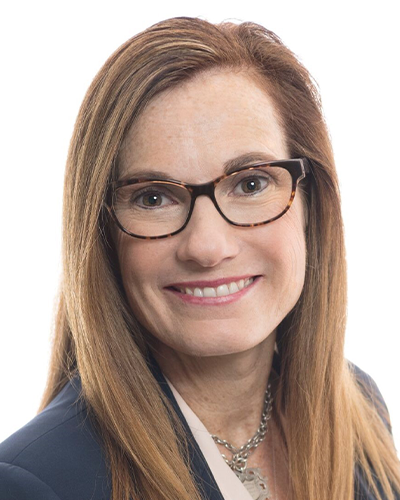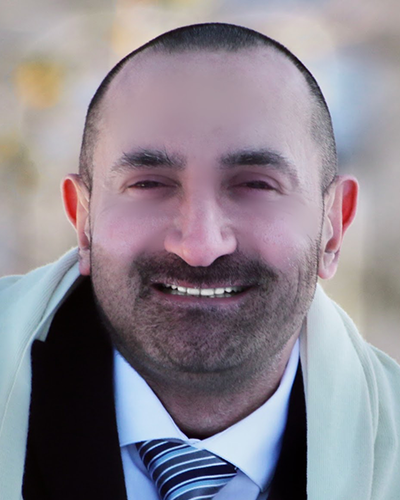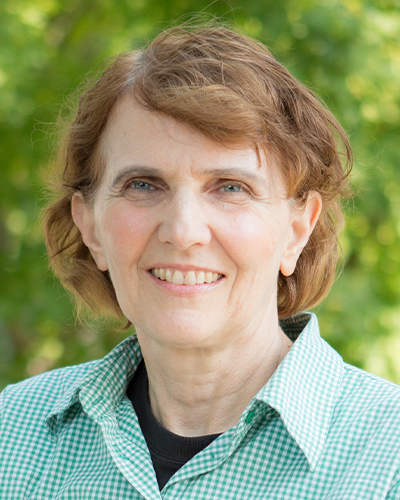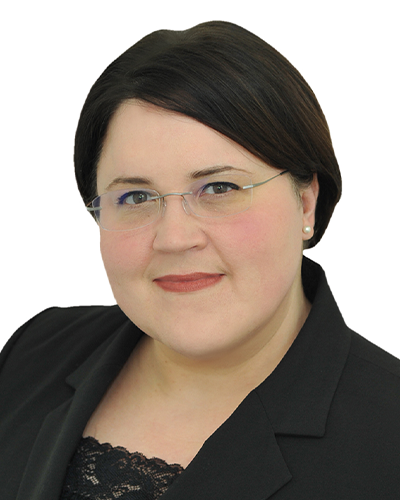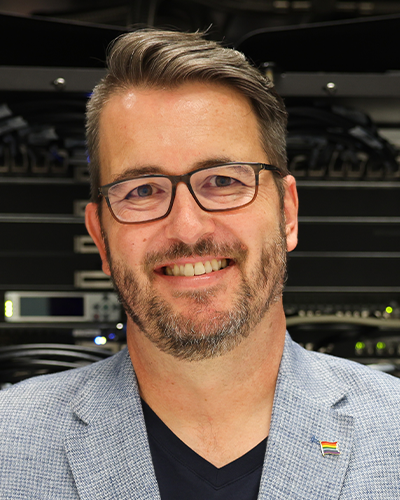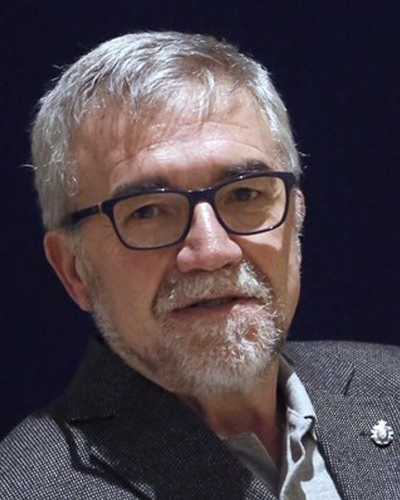Congratulations on your selection as a 2023 HPCwire Person to Watch and, more importantly, as General Chair for SC23. Can you talk about your experience with the conference, where it’s been, where you see it going and what we should be paying attention to this year. Perhaps you could expand a bit on this year’s conference theme, I am HPC.
Thank you very much! I am honored and humbled.
SC was my first ever conference. In 1999, I attended as a research exhibitor and general attendee. Since then, I have attended all but two SC conferences, in practically every context from exhibitor to technical author/presenter, and in several different organizational roles for the last fifteen years. As it is for many, SC has become a second home and the SC community a second family.
In 2020, the world and SC were forced to adapt to virtual human-human interactions. SC20 chartered our now-called “digital experience” with a completely virtual conference. SC21 brought us back together with a conference that was about 50:50 in-person to remote attendees. Last year, SC22 saw us revert close to our pre-pandemic experience with about 90% of the attendees in-person. For SC23, we now consider the digital experience an opportunity – for SC to expand its reach into every corner of the world and more importantly to admit participants who, even pre-pandemic, would not have been able to attend in-person.
This charge to make SC more inclusive coincides with the SC23 tagline, “I am HPC”, which reflects our vision to celebrate and promote all things HPC, but, particularly and especially, the people! With this spirit of inclusivity, SC23 is planning enhanced or new activities, including an “Exhibition Village” that will afford exhibition opportunities to researchers who lack the critical mass for their own research booth, reduced registration costs for qualifying individuals from underserved institutions, and a celebration of “Hidden HPC Figures” as a part of our 35th anniversary celebrations. Also for SC23, we will expand the Plenary and Invited Speaker slate to include other relevant themes like Education, Professional Development, and Justice, Equity, Diversity and Inclusivity. Overall, SC23 will be an exciting and provocative showcase of relevant technical and humanistic elements of HPC!
In addition to chairing SC, you’re a computer scientist at Emory University. Give us a peek inside your role there and what that entails?
In my regular professional life, I am a professor in the Computer Science Department at Emory University. My scholarship primarily has been in the area of operating and distributed systems, focusing on software infrastructure and abstractions that make high-performance computing (HPC) systems accessible to non-computer scientists. We study how to detect, analyze and mitigate the performance, scalability and reliability issues of extreme scale computing environments with hundreds of thousands or even millions of components, using simulation, analytical models and concrete implementations on real systems at scale. Our works have resulted in externally funded projects, high-impact publications, and two R&D 100 awards; strong industrial collaborations, leading to corporate funding streams; and software artifacts deployed throughout the U.S. and world at leadership computing facilities at laboratories.
Since 2018, I have served as the Director of the Computer Science and Informatics Graduate Program at Emory University being primarily responsible for the strategization and operationalization of all program aspects, including Recruitment, Admissions, Advising, Mentoring, Student Progress, Professional Development, Program Administration, and Curricular Revisions. Concurrent with this administrative role, I have begun to study topics in Computer Science Education, including quantitative evidence-based approaches to analyzing and improving degree program structures and student outcomes, particularly outcomes of students from groups that are traditionally under-represented in computing.
The traditional HPC market is undergoing substantial change, most notably blending in AI technologies – with quantum possibly on the horizon. Where do you see HPC headed? What trends – and in particular emerging trends – do you find most notable? Any areas you are concerned about, or identify as in need of more attention/investment?
One of our community’s persistent rallying cries is that HPC is too niche to drive new R&D in processing technologies that directly target HPC environments, that such R&D only can be driven by the more commercially-viable consumer and data center markets. I am excited by the viability of technological approaches like chiplets for the design and fabrication of powerful, cost-effective systems that can target specific types of scientific computations and workloads. Coupled with government investments like The U.S. CHIPS and Science Act, I think we will see a new era of “bespoke supercomputing” that will render an avalanche of awesome, new scientific discoveries.
At the same time, the emergence of areas like AI and data analytics as popular science has everyone enamored with “computer science” and wanting to become a “computer scientist”. I use quotes because the terms are often misunderstood by pop culture, which often conflates anything that involves computers as computer science. This leads to my concern. While universities are seeing an unprecedented and overwhelming interest in “computer science”, most of this interest is at best in applied computing and not in advancing or developing new computing capabilities. While we will face increasingly difficult systems challenges on the next HPC frontiers, there appears to be an increasing dearth of men and women interested in the research and development of hardware and lower-level software systems. Computer Science as a whole, but HPC in particular, must become more intentional about the recruitment and development of the talent areas upon which it critically relies.
What inspired you to pursue a career in STEM and what advice would you give to young people wishing to follow in your footsteps?
My STEM career pursuit was the result of a confluence of two things: as far back as I can remember, I have had a builder/engineer mindset and have been fascinated by “how stuff works”. Second, growing up in a developing country (Belize), in primary school, high school and junior college, I imagined being a part of that country’s advancement and development – as a civil engineer I could help to design and build critical infrastructure. Serendipitously, my path would lead to helping to design and build computer systems instead of bridges and highways.
However, if you need to know one thing about me it is that I am very oriented toward people. As an academic, I can also fulfill my additional passions to serve and facilitate. As an educator, I strive to help people determine where they want to be and then to help to equip them with the knowledge and tools to get there.
My advice to someone with similar aspirations is to reflect intentionally on: (1) where do you wish to be, specifically, what are the types of things you wish to do and generally why? Your “whats” and “whys” are subjective; they are the right answers for you even if they are not for someone else. (2) What are the paths that can take you from where you are currently to where you wish to be? While there may be multiple pathways, the pathways are objective: the pathways are the formal and informal experiences that will evolve you into the person you wish to be. (3) Are you willing and able to walk the walk? Most have the necessary aptitude for any career. But success will stem from vision, effort, grit, fortitude, opportunity and even a little luck. Lastly, as trite as it sounds, it takes a village! Some leverage their village’s efforts from previous generations. Some need more support from the village today. Every individual success story actually is that of a village!
Outside of the professional sphere, what can you tell us about yourself – unique hobbies, favorite places, etc.? Is there anything about you your colleagues might be surprised to learn?
Even if woefully out of practice, I fancy myself a road cyclist and a DJ. My favorite genre of music to play and enjoy is dancehall reggae. Favorite places? Put me on a sandy beach, under the shade of a coconut tree, with a slushy beverage made with fresh tropical fruits, and surrounded by warm crystal-clear waters. But really, I would go anywhere with or for the right people – did I mention I am a “people person”? Speaking of which, my colleagues might be surprised to know that if I had to do it all over again, there’s a significant probability I would be a social scientist of some sort – I am just as fascinated by how people work as I am by how computers work! Also, this might get my “Caribbean card” revoked, but while I grew up yards from the sea, I am not really a seafood lover.

